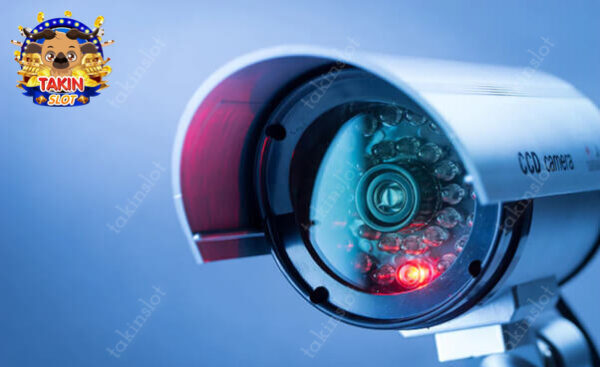What is CCTV: CCTV Full Form
CCTV Full Form: Closed-circuit Television (CCTV) serves as a video monitoring system designed for intrusion detection purposes. It employs video cameras and display monitors to enable seamless monitoring of business premises. The system utilizes wired or wireless transmission methods to convey signals or broadcast them to the monitor. Often referred to as video surveillance, CCTV commences surveillance even before the video monitor receives the signal.
Full Form of CCTV
CCTV, standing for Closed-circuit Television, is an exceptional system renowned for its role in enhancing security measures. It comprises interconnected elements such as video cameras, display monitors, and recording devices. This integrated setup serves to prevent crime by vigilant monitoring and recording of all activities. Additionally, CCTV finds application in traffic monitoring, facilitating the detection of congestion and accidents. Its transmission methods encompass both wired and wireless technologies.
Types of CCTV Cameras
Various types of CCTV cameras exist, each serving distinct purposes:
- Recording: Utilizes video cameras to record footage onto hard drives or other media.
- DVR (Digital Video Recorder): Utilizes storage devices for recording videos onto hard drives or other media.
- CCTV Camera (Connected to Monitoring Station): Monitors video feeds.
- DVR: This prevalent type of CCTV surveillance employs multiple storage devices such as hard drives for video recording.
Purpose of Video Surveillance: CCTV Full Form
Video surveillance serves multifaceted purposes, including crime prevention and ensuring safety. In certain regions, it extends to people management, further enhancing security measures and protection.
Why CCTV Surveillance?
CCTV surveillance offers numerous advantages:
- Real-time recording and transmission of images.
- Facilitation of defense mechanisms for individuals accused of crimes.
- Monitoring critical activities such as traffic and road conditions.
- Detection of traffic congestion, suspicious activities, and compliance with safety measures.
- Support for the real estate market by providing property status verification before transactions.
Benefits of CCTV: CCTV Full Form
CCTV provides an array of benefits, including:
- High-quality image and sound transmission.
- Enhanced crime detection capabilities due to multiple interconnected cameras.
- Cost-effectiveness and improved security compared to traditional surveillance methods.
- Accurate imaging of areas not easily visible to the naked eye.
- Effective monitoring of important locations such as parks, airports, and shopping malls.
- Convenience for public areas, law enforcement agencies, and emergency situations.
- Efficiency in time and cost savings.
CCTV stands as a cornerstone of modern security infrastructure, offering unparalleled surveillance capabilities for diverse applications.
Conclusion:
In conclusion, CCTV stands as an indispensable tool for modern security infrastructure, offering unparalleled surveillance capabilities for crime prevention, public safety, and emergency response. Through continuous advancements in technology and strategic deployment, CCTV systems continue to evolve to meet the evolving security needs of societies worldwide. With their widespread adoption and numerous benefits, CCTV plays a crucial role in safeguarding communities and promoting a safer environment for all.
FAQs about CCTV Full Form
What is the significance of CCTV in modern security infrastructure?
CCTV, or Closed-circuit Television, plays a pivotal role in enhancing security measures by providing continuous video surveillance in various public and private settings. It serves as a vital tool for deterring crime and ensuring safety.
How does CCTV contribute to crime prevention and detection?
CCTV systems enable real-time monitoring of activities, aiding in the prevention of criminal incidents and providing valuable evidence for investigating and solving crimes. Their presence serves as a deterrent to potential wrongdoers.
What are the key benefits of implementing CCTV surveillance?
The benefits of CCTV surveillance include enhanced security, improved public safety, deterrence of criminal activities, efficient monitoring of high-traffic areas, and the ability to provide evidence for investigations and legal proceedings.
How does CCTV technology evolve to meet evolving security needs?
Advancements in CCTV technology have led to features such as high-definition video recording, remote access and control, motion detection, facial recognition, and integration with other security systems, ensuring adaptability to changing security requirements.
What considerations should be made when deploying CCTV systems?
Factors to consider when deploying CCTV systems include strategic camera placement, compliance with privacy regulations, integration with existing security infrastructure, data storage and retention policies, and ensuring proper maintenance and monitoring protocols.




